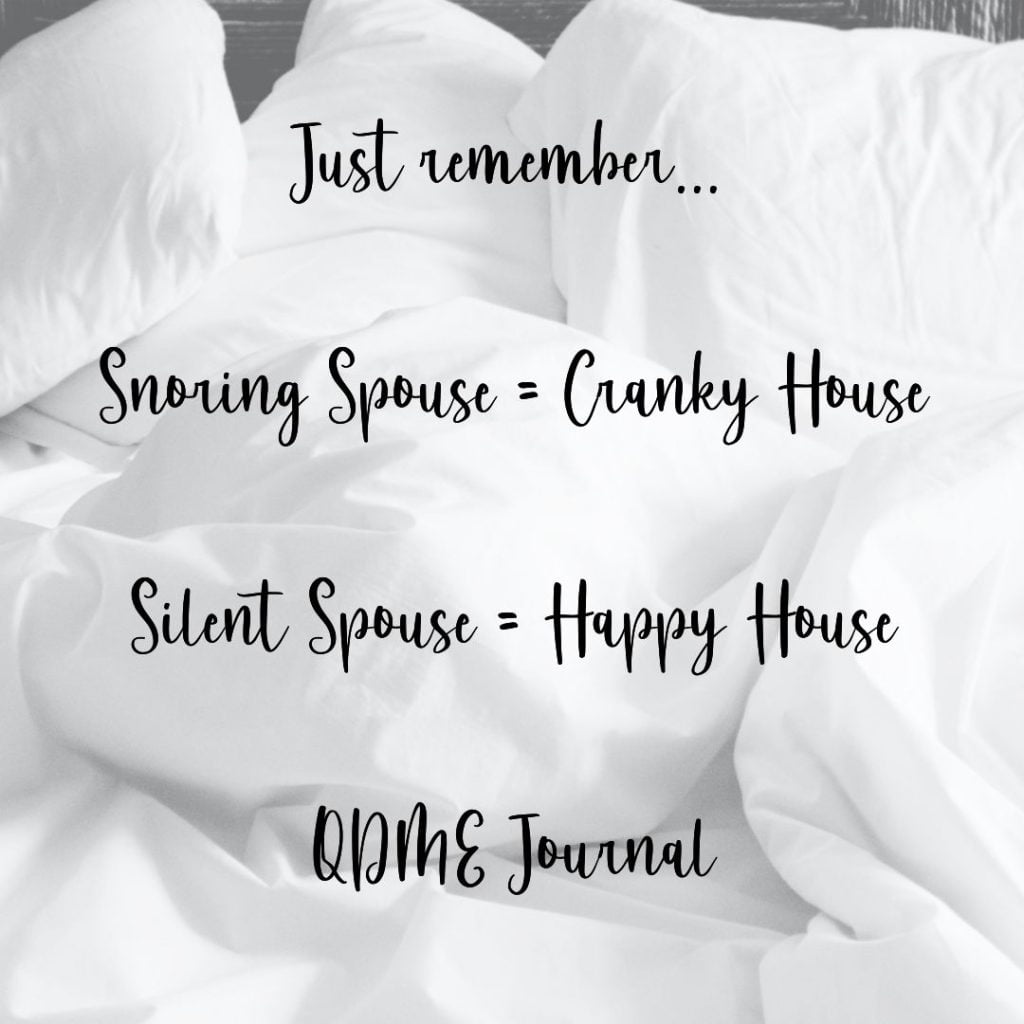Naps Are Always a Fantastic Idea
A nap for healthy adults is generally between 20 to 30 minutes, which gives one just enough sleep to feel refreshed. Finding time for a quick siesta offers many health benefits. When napping, make sure to consider the duration of the nap. If you sleep for too long, it could cause issues with sleeping at night. Also, be mindful of the time of day for a nap to enjoy the maximum benefits of this rare treat.
Health Benefits of Napping
Many people think naps are just for children, but they’re not! Naps are a way to refresh and recharge in the middle of the day. According to a prominent sleep specialist, Dr. Matthew Walker, napping is a great way to compensate for poor sleep quality. He states that naps can improve mood and increase energy, help with memory consolidation, aid cognition and sleep quality, repair a sleep deficit, and help you understand your sleep cycles.
The Sleep Foundation reports that scientists found when people napped for around 30 minutes, they had better memory recall and superior overall cognition compared to non-nappers and those who napped longer. Napping also helps children meet their age-specific daily sleep requirements and helps their brains continue growing. Almost anyone can benefit from a midday snooze.
Tips for a Great Nap
Here are some helpful napping tips from the Mayo Clinic:
- Keep your naps short – The “perfect nap” is about 20 to 30 minutes long. Taking too long of a nap will cause you to feel groggy and out of it throughout the rest of the day.
- Aim to take your nap in the early afternoon – If you decide to nap after 3:00 pm, it could interfere with your nighttime sleep, keeping you up throughout the night.
- Create a calming and restful environment – When napping, make sure the room is quiet and dark and the temperature is on the cooler side so you can get the ultimate snooze.
- Give yourself time to wake up – After napping, give yourself a few minutes to fully wake up before going back to your activities.
Find Your Happy Place
It’s important to note that people don’t need to nap. Some are naturally better at sleeping during the daylight hours, while others can only get sleep at night. Naps are most common when we are babies and then again when we start aging into our senior years. Enjoying a nap or staying awake throughout the day are both perfectly normal.
If you feel like you need to nap every day or your naps are happening unexpectedly and are not regular, you should talk to your healthcare provider about what you are experiencing. They can help you identify other underlying health issues that may be the cause of your unexplained sleepiness.
The next time you feel that afternoon slump, build a catnap into your schedule so you can be ready to take on the rest of the day!
Check-in with the QDME Journal for new blogs and fascinating topics!

Follow Us!



